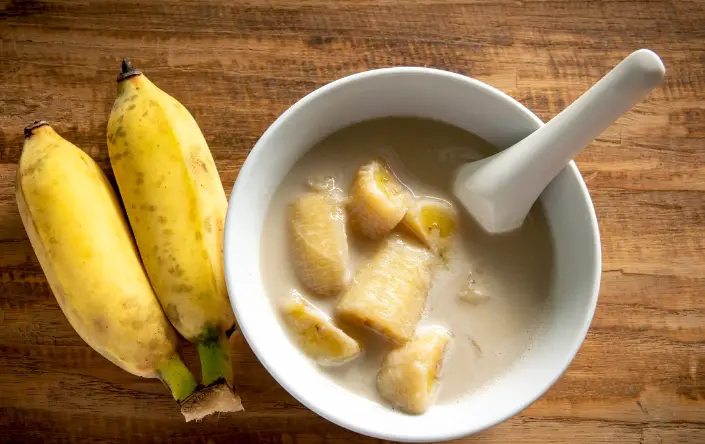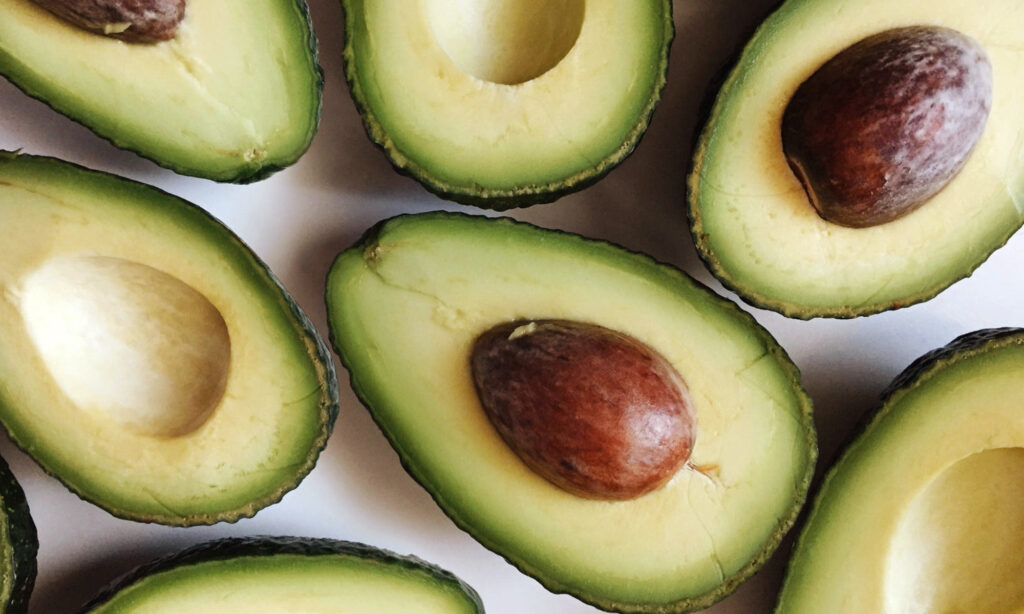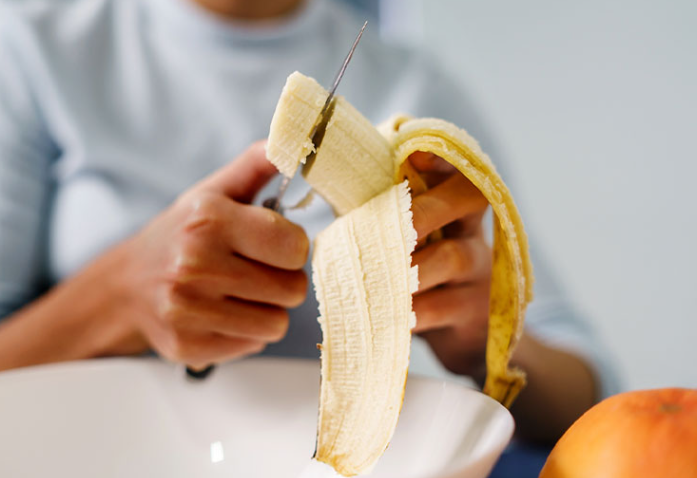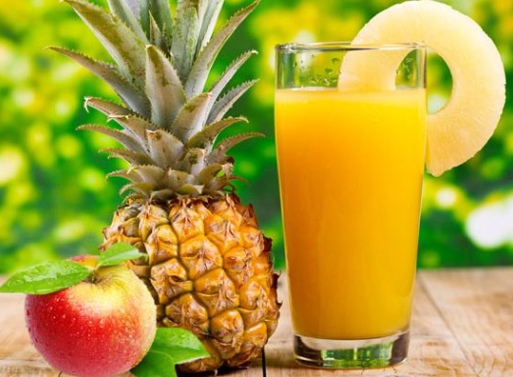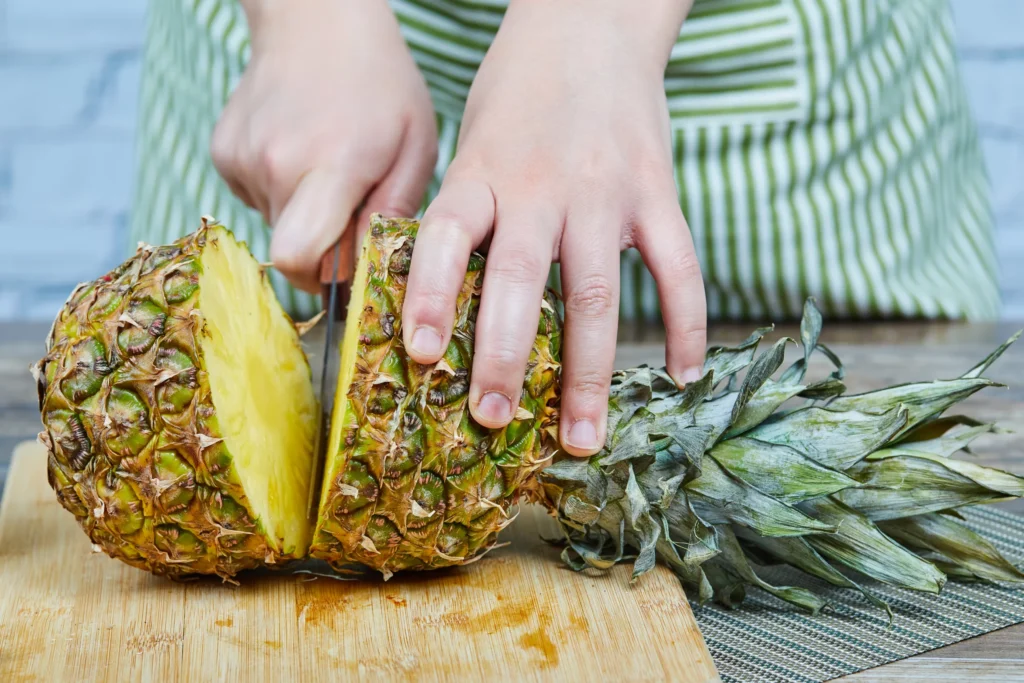Kidney problems mean that you have to be careful with what you eat and drink. Dialysis patients often wonder if they can enjoy oranges just like everybody else.
Oranges are tasty and full of good nutrients. But they have a lot of potassium, which can be a concern for people getting dialysis. Let’s look at how oranges might fit into a dialysis patient’s diet.
Known for their bright color and juicy taste, oranges are also packed with vitamin C. They are a great source of fiber and have lots of other vitamins and minerals too. But we need to think about what’s in them and if they are okay for people with kidney issues.
Table of Contents
What’s Inside Oranges?
Oranges don’t have much fat or salt, and they’re not high in calories either. A medium orange has only about 50 calories.
Here’s a list of the good stuff in oranges:
- Vitamin C: A single orange can give you over 70 mg of vitamin C, which is almost all you need for the whole day. Vitamin C is great for your immune system.
- Folate: Oranges have folate, which helps your body make new cells.
- Potassium: There’s about 200 mg of potassium in an orange, which helps with muscles and nerves.
- Thiamine: Oranges give you some thiamine (vitamin B1), which is important for turning food into energy.
- Vitamin A: They have vitamin A that helps keep your eyes and skin healthy.
Oranges also have plant compounds like flavonoids and polyphenols which work as antioxidants protecting your body.
Can Dialysis Patients Have Oranges?
Yes, dialysis patients can eat oranges, but they need to watch how much because of the potassium. Keeping track of what you eat can help stop too much potassium from getting into your blood, which could be dangerous.
Too much potassium can cause heart problems. So, people getting dialysis need to limit high-potassium foods like oranges.
When dialysis patients want to eat oranges, they should think about these things:
- How much potassium? One orange has about 200 mg of potassium. Don’t eat too many at once since there’s a daily limit.
- How much gets absorbed? Not all the potassium in oranges goes into your blood. Fiber and water in the orange can help reduce how much your body takes in.
- Fiber: The fiber in oranges can help move potassium out through your stools.
- Hydration: Oranges are mostly water, which helps clean out extra potassium. Drinking enough fluids is very important for dialysis patients.
- What’s your potassium level? Check your latest blood test to see if you can handle the potassium in oranges.
- Orange juice or whole fruit? It’s better to eat whole oranges because orange juice has a lot more potassium and no fiber.
How To Enjoy Oranges in Your Diet
If you’re getting dialysis and want to eat oranges, here are some smart ways to include them in your diet:
- Eat just half an orange at a time.
- Mix a whole orange with other fruits that don’t have so much potassium, like apples or grapes.
- Pour a little fresh orange juice on your food to get the taste without too much potassium.
- Take the peel of an orange and pickle it. This way, you get the flavor without the potassium. and not too much potassium.
- Add a bit of orange zest to salads or breakfast foods.
- It might be better to eat oranges after your dialysis session when your potassium level is lower.
So, Are Oranges Off-Limits?
Although potassium in oranges can be a concern, you can still have them now and then. Just be smart about it:
- Ask your healthcare team – They can tell you exactly how much orange you can have.
- Keep an eye on potassium – Look at your blood tests to see how much potassium you can have.
- Be mindful of portions – Don’t eat too much orange at once.
- Mix and match foods – Eat foods with lower potassium along with oranges.
- Get the good stuff – Have oranges when you’re thirsty or after dialysis.
Even with the potassium issue, oranges can be part of a diet for people with kidney problems if they’re careful. It’s important to know how much to eat, how to prepare them, and what to pair them with. This way, you can enjoy the benefits of oranges and still take care of your health.
Oranges can be a good choice for dialysis patients because of the vitamins and fiber they offer. It’s essential to watch how much potassium and liquid you’re having. With a balanced approach and maybe some changes based on your personal health, you can still enjoy oranges without worry.



